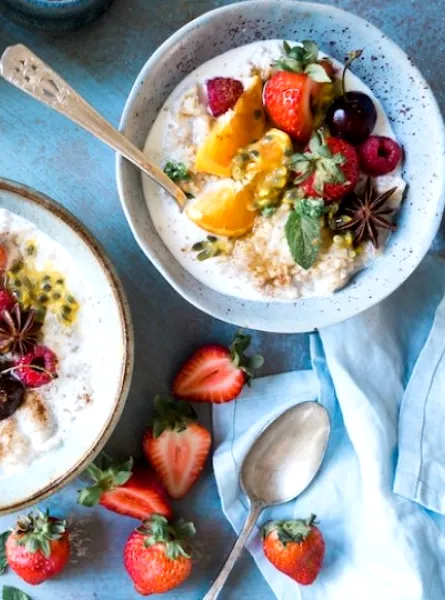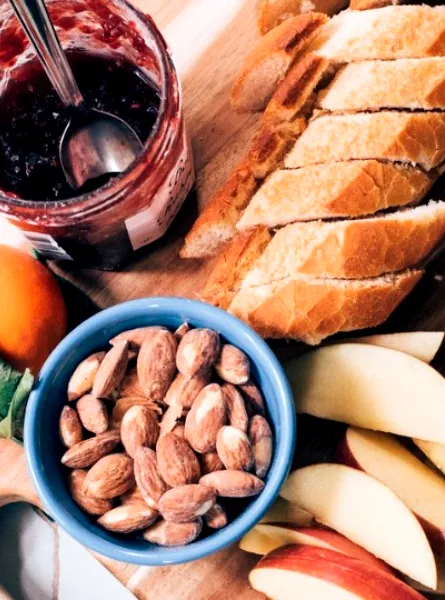
The weather outside is frightful, but don't let the food be so delightful! Moreover, this period of the year would have an effect on our eating habits. A 2022 study reveals that in some populations, we eat an average of 151 calories more in winter than in summer.
One of the reasons why many people eat so much is because they feel tired. You need to eat to have lots of energy. Yet, you need to consider both the nutrition and energy your meal will provide when planning your menus.
What foods give you the most energy? Which nutrients should you focus on? How can a nutritionist help you meet your nutritional needs?
Answering these questions will help you eat a healthy, energy-rich diet this winter. Here is our quick guide.
Eat whole grains
Whole grains and unprocessed carbohydrates digest more slowly over time. That means they provide more energy balance. These give a lot of energy, which is great for more laborious tasks, such as closing the yard for winter, shovelling, etc.
Whole grains include brown or wild rice, quinoa, buckwheat, spelt, amaranth, barley, rye, rolled oats, multigrain breads, etc. You can also find complex (slow) carbohydrates in sweet potatoes, squash and legumes. Try different ways of eating them such as boiling or roasting, but try to avoid frying them, as this adds unnecessary fat to your diet and slows down your digestion, making you feel more tired throughout the day.
Drink plenty of water
Many people think that dehydration can only happen in the summer. In reality, you can become dehydrated in any season. Drink a glass of water with every meal, every time you take medication, and don't wait until you feel thirsty to drink. Instead, prevent thirst by taking a few sips every hour.
You can also find healthy foods that contain water. Most vegetables and fruits contain water that can rehydrate you, and they taste better than water alone.
Eat healthy fats
Omega-3 fatty acids can help your brain use serotonin, a neurotransmitter that affects mood management, state, sleep and is associated with happiness, which may reduce the effects of SAD. Sources of omega-3 fatty acids include fish such as salmon and anchovies. If you don't like fish, you can eat walnuts and flaxseed.
Unsaturated fats can give your body fuel without harming your heart or digestive system. You can find monounsaturated fats in olive oil, avocados and pumpkin seeds. Polyunsaturated fats are found in canola oil, seafood and flaxseed.
Be physically active
Studies have shown that getting active and playing sports when we have less energy can produce more serotonin. It's often tempting to relax when you feel tired, so try to get moving.
Contact a nutritionist
If you have dietary restrictions or a pre-existing condition, you should talk to a nutritionist before making any changes to your diet. Even if you don't have any needs, you can ask a nutritionist for nutritional advice.
Find a nutritionist in your area who can develop personalized recommendations. Team Nutrition has been helping Canadians meet their nutritional needs for over 10 years. Contact us to book an appointment today.





